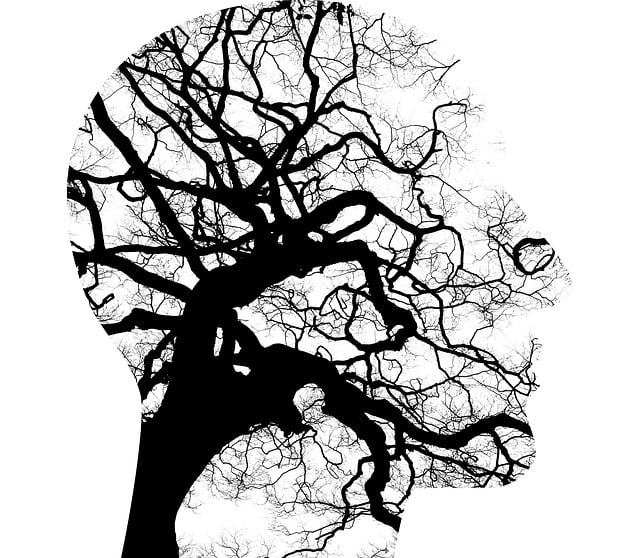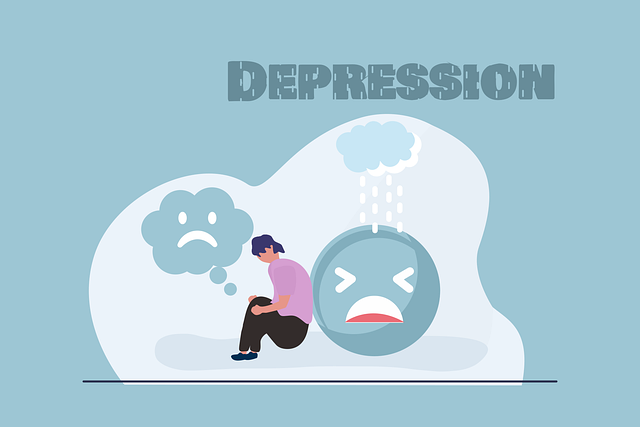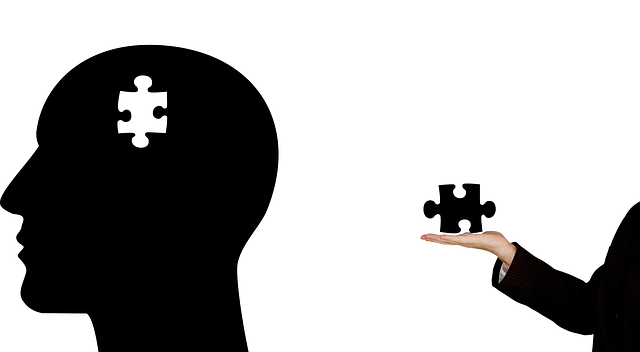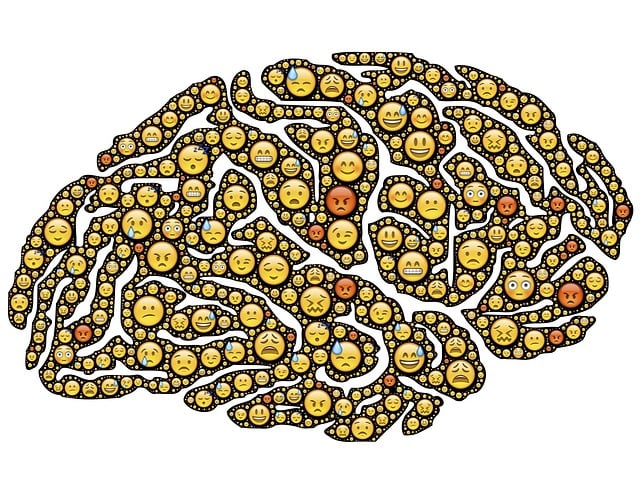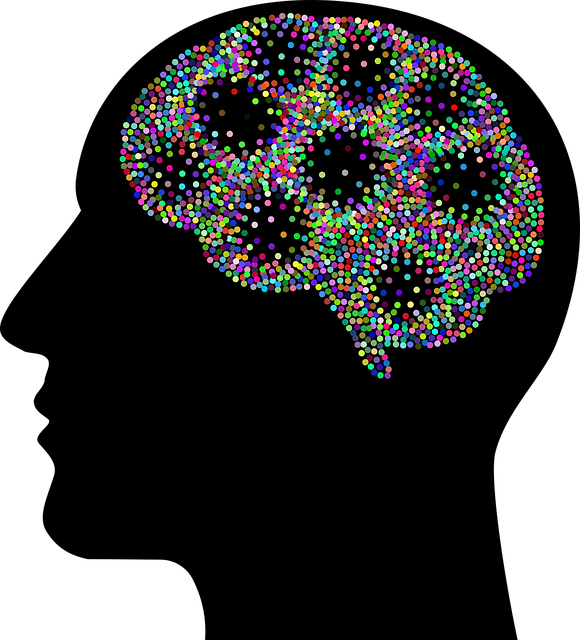Facilitating mental wellness groups for elderly individuals undergoing bariatric evaluations requires creating a safe, non-judgmental environment. Techniques like active listening, journaling exercises, and crisis intervention guidance help address health concerns, isolation, and mobility issues. Facilitators must adapt communication styles, manage diverse learning preferences, and incorporate strategies from burnout prevention programs to enhance emotional regulation and overall well-being.
Mental wellness group facilitation takes on unique nuances when catering to specific demographics. This article explores powerful techniques for facilitators, focusing on two key areas: understanding the peculiar needs of elderly individuals in group settings and facilitating effective communication during bariatric evaluations. We also delve into creating supportive environments that promote mental wellness, offering strategies tailored to diverse populations. Discover practical insights for enhancing therapeutic outcomes through inclusive group therapy, particularly relevant for aging adults and those undergoing bariatric treatments.
- Understanding the Unique Needs of Elderly Individuals in Group Settings
- Facilitating Effective Communication and Engagement for Bariatric Evaluations
- Creating a Supportive Environment: Strategies for Enhancing Mental Wellness in Groups
Understanding the Unique Needs of Elderly Individuals in Group Settings

Understanding the unique needs of elderly individuals in group settings is paramount when facilitating mental wellness programs. As people age, they often face distinct challenges that can impact their emotional well-being. For instance, bariatric evaluations may reveal specific health concerns requiring tailored interventions. Many elders experience feelings of isolation and loneliness, which can be exacerbated by mobility issues or the loss of loved ones. Thus, group facilitation should create a safe, inclusive environment encouraging social interaction and peer support.
Effective techniques include incorporating mental wellness journaling exercises to help seniors process their emotions and reflect on personal experiences. Crisis intervention guidance is also vital, as elders might face acute stress or anxiety related to health scares or major life transitions. Moreover, teaching emotional regulation strategies can empower participants to manage challenging situations and foster a sense of resilience.
Facilitating Effective Communication and Engagement for Bariatric Evaluations

In facilitating mental wellness groups for older adults, especially those undergoing bariatric evaluations, effective communication and engagement are paramount. As a group facilitator, creating a safe and non-judgmental space encourages participants to share their experiences openly. Utilizing techniques such as active listening, reflective summarizing, and open-ended questions fosters an environment where everyone feels heard and respected. This is particularly crucial for older adults who may face challenges related to therapy for elders due to cognitive or mobility issues.
Facilitators should also be adept at managing diverse communication styles. Given the range of health conditions and backgrounds within a bariatric evaluation group, tailoring your approach to include visual aids, simple language, and different learning preferences ensures every member can actively participate. Burnout prevention and crisis intervention guidance are integral parts of this process, allowing facilitators to not only support mental wellness but also address any acute concerns promptly, enhancing the overall effectiveness of these group therapy sessions.
Creating a Supportive Environment: Strategies for Enhancing Mental Wellness in Groups

Creating a supportive environment is an essential facet of group facilitation aimed at enhancing mental wellness, especially in vulnerable populations like elders. Facilitators play a crucial role in fostering a safe and non-judgmental space where individuals feel comfortable sharing their experiences. Techniques such as active listening, open-ended questions, and reflective practices encourage emotional expression and build trust among group members. By promoting an atmosphere of acceptance and empathy, facilitators enable participants to explore sensitive topics like anxiety, depression, or age-related challenges openly.
In the context of therapy for elders, group dynamics can significantly impact their mental health. Incorporating strategies from public awareness campaigns and burnout prevention programs for healthcare providers is beneficial. These include setting clear boundaries, ensuring cultural sensitivity, and providing regular breaks during sessions to combat potential burnout. Additionally, facilitating activities that promote emotional regulation, such as mindfulness exercises or art therapy, can empower group members to manage their mental wellness effectively within a supportive peer network, ultimately enhancing overall well-being.
Group facilitation techniques play a pivotal role in enhancing mental wellness, especially among vulnerable populations like the elderly and individuals undergoing bariatric evaluations. By understanding their unique needs and tailoring approaches such as fostering open communication, creating supportive environments, and employing effective engagement strategies, facilitators can significantly improve outcomes. These methods not only facilitate therapy for elders but also ensure a more inclusive and beneficial experience during bariatric assessments, ultimately contributing to overall well-being.



